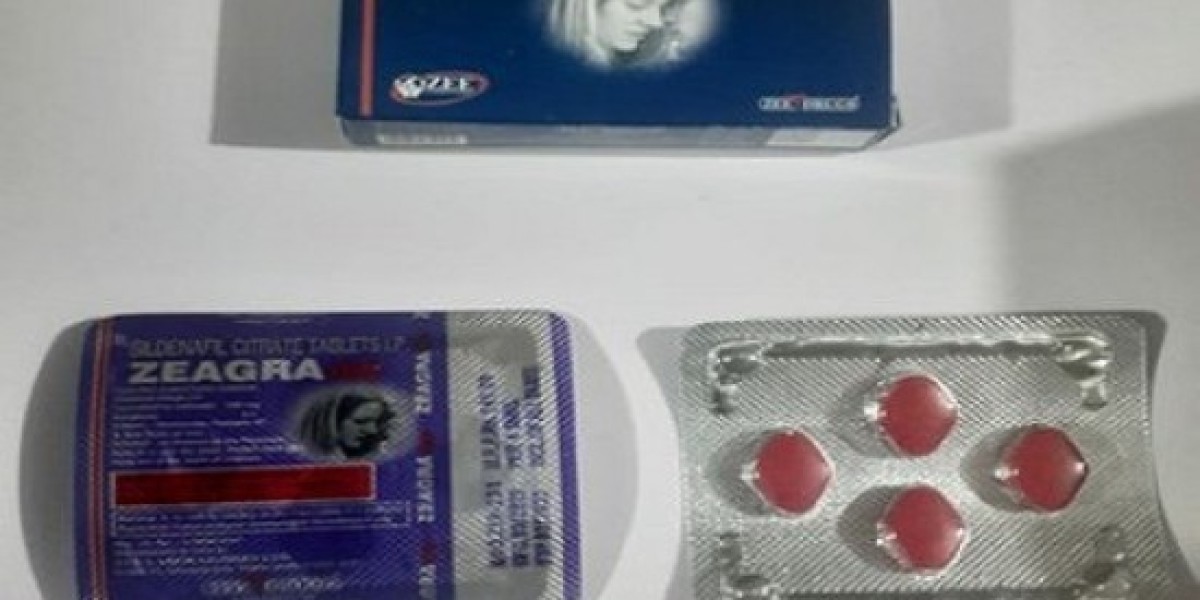Wisdom teeth pain can range from mild discomfort to intense, throbbing aches that make eating, talking, and sleeping a challenge. For many people, these third molars emerge between the ages of 17 and 25. While some experience no issues at all, others find themselves dealing with swelling, sensitivity, or infections caused by impacted or partially erupted teeth.
If you’ve been searching for how to stop wisdom teeth pain without rushing into surgery, there are safe and effective ways to find relief while you wait for your dental appointment. Understanding the cause of the pain and the best short-term solutions can help you manage discomfort and protect your oral health until you receive professional care.
Why Do Wisdom Teeth Cause Pain?
Pain from wisdom teeth can be caused by several factors:
Impaction: When the tooth doesn’t fully emerge, it can press against neighboring teeth or the jawbone.
Partial Eruption: This leaves the gum tissue vulnerable to bacteria and infection.
Crowding: If there’s not enough space, teeth can shift, causing alignment issues.
Infection or Decay: Food particles trapped around wisdom teeth can lead to cavities or gum disease.
Identifying the cause is crucial because it determines the best treatment approach. A dentist can assess whether the tooth can be saved, needs extraction, or simply requires monitoring.
Safe and Effective Methods for Relief
1. Cold Compress for Quick Numbing
Applying a cold compress to the outside of your cheek for 15–20 minutes can help reduce swelling and numb the area. Use a thin cloth between your skin and the ice pack to prevent frostbite. This method works well for temporary relief, especially if swelling is present.
2. Over-the-Counter Pain Relief
Ibuprofen is one of the most effective over-the-counter medications for dental pain because it reduces both discomfort and inflammation. Acetaminophen can be used if you’re unable to take ibuprofen. Always follow the dosage instructions and avoid exceeding the daily limit.
3. Saltwater Rinse for Gentle Cleaning
Saltwater helps kill bacteria, reduce swelling, and keep the affected area clean. Mix half a teaspoon of salt in a cup of warm water and gently swish it around your mouth for 30 seconds before spitting it out. Repeat several times a day, especially after meals.
4. Good Oral Hygiene
Even if brushing is uncomfortable, it’s essential to keep the area clean to prevent infection. Use a soft-bristled toothbrush and gentle motions. Consider an antimicrobial mouthwash for extra protection.
5. Soft, Non-Irritating Foods
Avoid hard, crunchy, or spicy foods that can irritate the area. Instead, stick to yogurt, smoothies, scrambled eggs, and mashed potatoes until the pain subsides.
6. Clove Oil for Natural Relief
Clove oil has natural numbing and antibacterial properties due to its eugenol content. Apply a few drops to a cotton ball and place it near the painful area for short-term relief.
7. Hydration and Avoiding Irritants
Drink plenty of water to help flush out bacteria and food particles. Avoid alcohol, sugary drinks, and smoking, as they can slow healing and worsen irritation.
When to Seek Professional Care
While these home remedies can provide short-term relief, they don’t solve the underlying problem. Contact a dentist if you experience:
Persistent or severe pain
Swelling in the jaw or face
Fever or chills
Difficulty opening your mouth
Pus or bad taste in the mouth
These symptoms may indicate an infection or other serious condition that requires immediate treatment.
Treatment Options Your Dentist Might Recommend
Antibiotics – If an infection is present, your dentist may prescribe antibiotics to stop the spread before performing any procedures.
Professional Cleaning – A deep cleaning can help remove bacteria and debris trapped around the tooth.
Surgical Extraction – If the tooth is impacted or causing ongoing issues, removal may be the best long-term solution.
Pain Management Plans – Your dentist may recommend a combination of medication and care instructions tailored to your needs.
Preventing Future Wisdom Teeth Pain
While you can’t stop wisdom teeth from developing, you can take steps to prevent pain and complications:
Schedule regular dental checkups
Maintain excellent oral hygiene
Address discomfort early before it worsens
Follow your dentist’s advice about monitoring or removing wisdom teeth
Final Thoughts
Ending wisdom teeth pain is about more than just quick relief it’s about addressing the cause so it doesn’t return. While home remedies like cold compresses, saltwater rinses, and clove oil can make you more comfortable in the short term, professional dental care is the only way to ensure lasting results.
By acting early and using safe, effective methods, you can protect your smile and overall health. Whether your dentist recommends monitoring, treatment, or removal, you’ll be in a better position to heal quickly and get back to living without discomfort.








